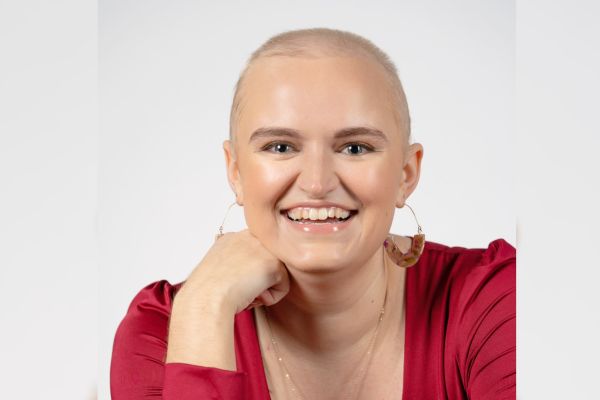Cancer survival rates are typically discussed in terms of 5-year relative survival, which means the proportion of patients alive five years after their diagnosis. Keep in mind that statistics like these are based on large groups of people and cannot predict what might happen with an individual patient.
In addition, the most current national data is from 2015 to 2021, which doesn’t reflect the impact of the latest treatment advances that patients who are diagnosed today may benefit from. Survival also varies greatly according to the specific subtype and stage of disease.
Hodgkin lymphoma survival
In the United States, overall, 5-year survival among people diagnosed with Hodgkin lymphoma is 89%. The National Cancer Institute records 5-year relative survival statistics by stage:
- Stage 1. Where the disease is confined to a single region of the body, survival is 92.9%
- Stage 2. Among those whose cancer involves multiple regions of the body, survival is 94.8%
- Stage 3. For disease that has spread to both sides of the diaphragm, survival is 87.1%
- Stage 4. When disease is widespread throughout the body, called diffuse or disseminated, survival is 82%
See more Hodgkin lymphoma statistics from the National Cancer Institute.
Non-Hodgkin lymphoma survival
In the United States, overall, 5-year survival among people diagnosed with non-Hodgkin lymphoma is 74.2%. The National Cancer Institute records 5-year relative survival statistics by stage:
- Stage 1. Where the disease is confined to a single region of the body, survival is 87.7%
- Stage 2. Among those whose cancer involves multiple regions of the body, survival is 79.1%
- Stage 3. For disease that has spread to both sides of the diaphragm, survival is 73.9%
- Stage 4. When disease is widespread throughout the body, called diffuse or disseminated, survival is 63.8%
See more non-Hodgkin lymphoma statistics from the National Cancer Institute.
Request an appointmentGet a second opinion
What Roswell Park does to maximize your survival
As a national leader in cancer care, Roswell Park’s approach includes several components that maximize survival and quality of life, including:
- Stem cell transplant evaluation. We evaluate our patients for stem cell transplant, a possible curative option, to determine whether preliminary testing and donor search should begin. Not everyone will need a stem cell transplant, but if you do, our team can act quickly.
- Chimeric antigen receptor (CAR) T-cell therapies. We are an authorized treatment center for all FDA-approved CAR T-cell therapies. Roswell Park is opening trials of next-generation CAR T-cell therapies that bind to different targets this year.
- Latest groundbreaking new drugs and technologies. We consider ALL available options for you, including the latest emerging options in clinical trials. Choosing to enroll in a clinical trial is entirely up to you.
- Dedicated, immune protected inpatient hospital unit and specialized outpatient clinic.


